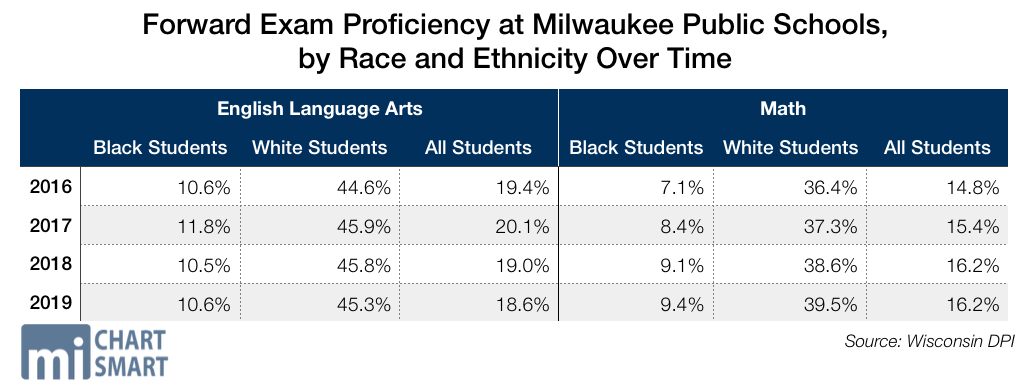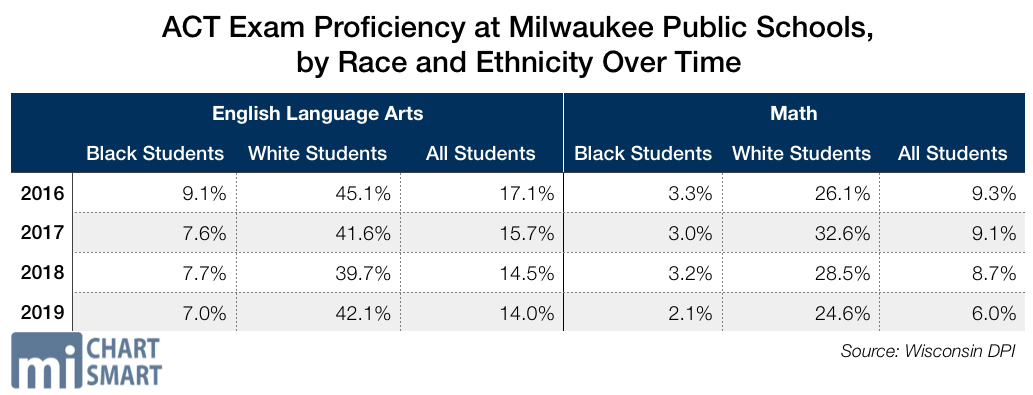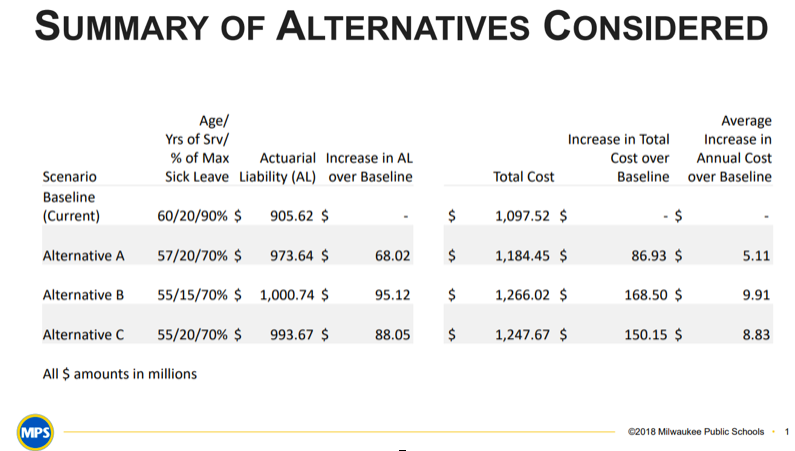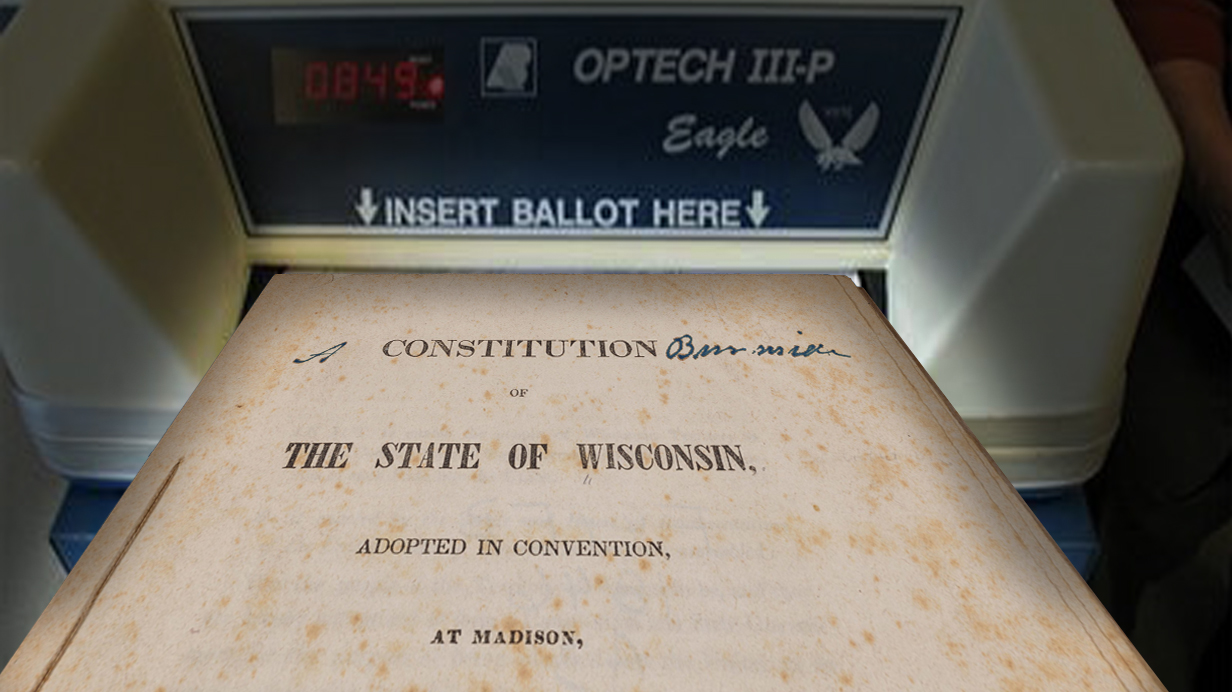
Legislative Leaders React to MPS Retirement Benefits Expansion During Financial Crisis
June 9, 2020
By Ola Lisowski
As the state begins surveying the fiscal shortfalls resulting from the COVID-19 pandemic, two prominent members of the Wisconsin Legislature spoke to MacIver about Milwaukee Public Schools’ (MPS) recent decision to expand retirement benefits.
The school board’s unanimous vote will allow employees hired before June 30, 2013 to be eligible for taxpayer-subsidized retirement benefits at age 55, after just 20 years of service to the district, and at least 70 percent of banked sick leave. Current policy allows employees to retire at age 60 and with at least 90 percent of their sick leave banked.
The change will take the district’s unfunded pension liability to almost $1 billion. The retirement change was approved despite a $515 million shortfall in the current year and financial uncertainty stemming from the COVID-19 economic lockdown. The change will increase spending by $88 million overall.
Sen. Alberta Darling (R-River Hills), Senate Co-Chair of the Joint Committee on Finance, spoke with MacIver by phone.
“This is a critical time for us. When we look at the revenues we’re losing because of COVID, where is the revenue going to come from?” Darling said, noting the district is heading down the path of Illinois, which is now seeking a federal bailout. “What we’re talking about is unsustainable. We’re back to putting the money into pensions, not putting the money into classrooms.”
Darling emphasized the fact that Milwaukee voters recently approved an $87 million referendum after advocates insisted that extra money was needed to adequately fund classrooms.
“I don’t think that a lot of the people who voted for the referendum would’ve done that if they thought a lot of the money was going to go to pension outcomes,” Darling said, reiterating that taxpayers will be in for a shock when they realize the district is now putting more money into pensions rather than into classrooms. “It really is unsustainable, and the average taxpayer does not have similar benefits.”
Rep. John Nygren (R-Marinette), Co-Chair of the Joint Committee on Finance, noted that while his district and Milwaukee have differences, “many of the challenges faced by MPS are shared by the rural school districts I represent.” Nygren expressed his concern about the changes.
“Nearly every school district has taken advantage of the financial flexibilities provided by Act 10 in 2011. As a result, schools have more resources to spend directly in the classroom,” Nygren said. “With Governor Evers stating that Wisconsin will see a $2 billion drop in revenues as a result of the COVID-19 pandemic, I’m afraid that expanding retirement benefits, which seem to rollback Act 10 reforms, will be perceived as tone deaf.”
Supporters described the change as a “return to what the promise was before 2013,” and one that “corrects a wrong.”
MPS’ own documents project the district’s operations fund will face a more-than $300 million deficit by 2023.







